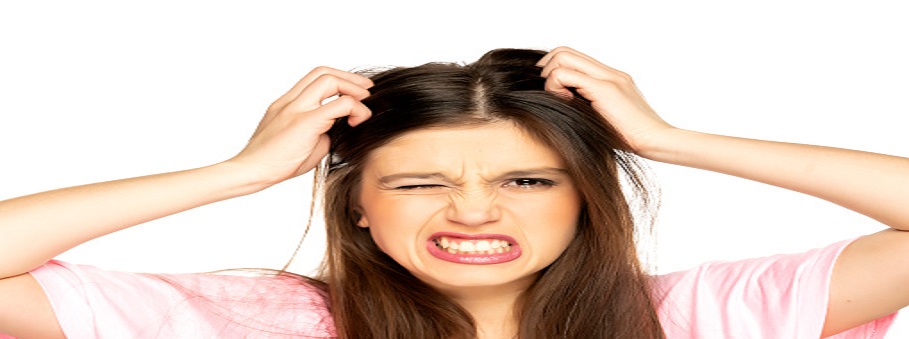How to Stop Hives from Itching Fast?

Hives are an itchy allergic reaction. They appear as red, swollen bumps on your skin and there is no one specific cause for this allergic reaction. This brings us to the question: How to stop hives from itching fast?
How to stop hives from itching fast is a question millions of people ask every year. How can you relieve the swelling caused by mosquito bites and do away with the resulting itchiness? In this blog, we outline several simple steps on how to avoid and relieve the effects of itchy hives.
How to Stop Hives from Itching Fast?
If you’re dealing with hives and want to know how to stop them from itching fast, there are a few things you can do. First, it’s important to identify what is causing the itching and then try to remove or minimize it. Here are some tips for how to stop hives from itching fast:
Identify the Cause of the Itching
Some treatments for hives will work better than others depending on what is causing the problem. If possible, avoid anything that may be triggering your hives. For example, if you have a food allergy that is causing your hives, avoid eating that food until the hives go away.
If you have an insect bite or sting, use an antihistamine medication such as Benadryl or Allegra to prevent additional swelling and itching. If stress is triggering your hives, try relaxation techniques such as meditation or yoga until they go away on their own.
To stop hives from itching fast, here are some ways:
1) Take OTC antihistamines like Benadryl or Claritin-D (loratadine). These medications help stop the body from producing histamine which causes itching in hives. They are available over the counter at most pharmacies without a prescription.
2) Apply ice packs or cool compresses to relieve the itching sensation associated with hives. This can also help temporarily reduce inflammation caused by hives as well as reduce swelling if there is any present on your skin’s surface.
3) Try taking showers or baths instead of hot baths because hot water will make your skin even more sensitive than it already is.
4) Stay Hydrated It’s important to stay hydrated when dealing with any type of allergic reaction because dehydration can make symptoms worse.
5) Avoid allergens in your diet that may trigger hives. These include peanuts, tree nuts, shellfish, fish and wheat flour. If you’re allergic to certain foods, talk with your doctor about having an allergy test done to find out which foods trigger your allergies.
6) Stay away from products that have been recalled due to possible contamination with peanuts or eggs if you are allergic to those foods.
7) Wear clothing made from natural fibres instead of synthetic fibres like polyester because they don’t trap moisture against your skin as much as other fabrics do.
8) Don’t wear tight-fitting clothing because it can cause chafing and irritation if it rubs against the skin too much.



